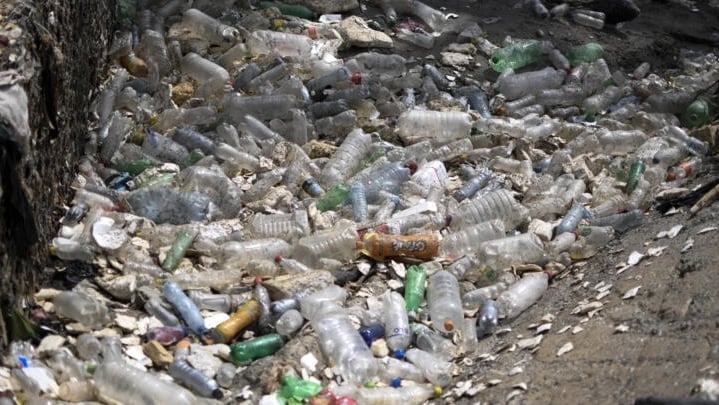Bangladesh has rejected the latest draft of the proposed Global Plastics Treaty, urging for stronger, more decisive measures to tackle plastic pollution on a global scale.
The Ministry of Environment, Forest and Climate Change stated that the draft falls short of the mandate outlined in the United Nations Environment Assembly (UNEA) Resolution 5/14, which calls for an internationally binding agreement to end plastic pollution. The government voiced its concerns during the second part of the fifth session of the Intergovernmental Negotiating Committee on Plastic Pollution (INC-5.2), held in Geneva, Switzerland, on Wednesday.
According to the Ministry’s press release, the draft “represents a weak and inadequate outcome,” primarily due to its exclusion of supply-side measures and its failure to comprehensively address the entire life cycle of plastics. The draft also neglects critical issues such as health impacts, chemicals of concern, and the waste hierarchy, while lacking strong obligations to reduce trans-boundary plastic pollution.
The proposed treaty, according to the ministry, relies on a “voluntary and convoluted approach” that undermines the urgency of the global plastic crisis. It also fails to provide concrete means of implementation.
Bangladesh emphasized that the core of the treaty must directly address harmful chemicals in plastics, as well as emissions and primary plastic production, given the significant environmental and health risks plastics pose. “This text does little to protect human health or the environment from plastic pollution,” the ministry’s statement said. “It reduces the treaty to a waste management framework, shirking responsibility for plastic producers and omitting binding measures to phase out the most harmful plastic products.”
The government reaffirmed that it could not support the current draft without significant amendments and urged negotiators to increase the ambition of the treaty in line with the UNEA mandate.
Earlier, Syeda Rizwana Hasan, Adviser to the Ministries of Environment, Forest and Climate Change, highlighted Bangladesh’s vulnerability as a downstream country at an Informal Ministerial Roundtable during INC-5.2. She called for stronger global partnerships and targeted resources to address plastic pollution, emphasizing the need for a global framework to combat trans-boundary pollution.
Rizwana also advocated for promoting circular economy models, addressing waste management leaks, and ensuring sustainable product design. She further called for a just transition for waste workers, urging ambitious, cooperative action to phase out harmful plastics through international cooperation.


